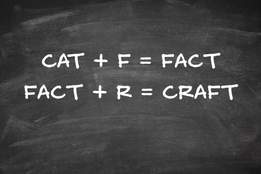1
a
: an official at a tournament of arms (see arm entry 3 sense 1a) with duties including the making of announcements and the marshaling of combatants
b
: an officer with the status of ambassador acting as official messenger between leaders especially in war
c(1)
(2)
: an officer of arms ranking above a pursuivant and below a king of arms
2
: an official crier or messenger
Mercury was the gods' herald.
heralded; heralding; heralds
1
: to give notice of : announce
a gong used to herald the new year
the approach of a cold air mass … is heralded by a shift of the wind— P. E. James
P. E. James
 P. E. James
P. E. James2
3
: to signal the approach of : foreshadow
The technology heralded a new age of space exploration.
Love words? Need even more definitions?
Merriam-Webster unabridged










Share